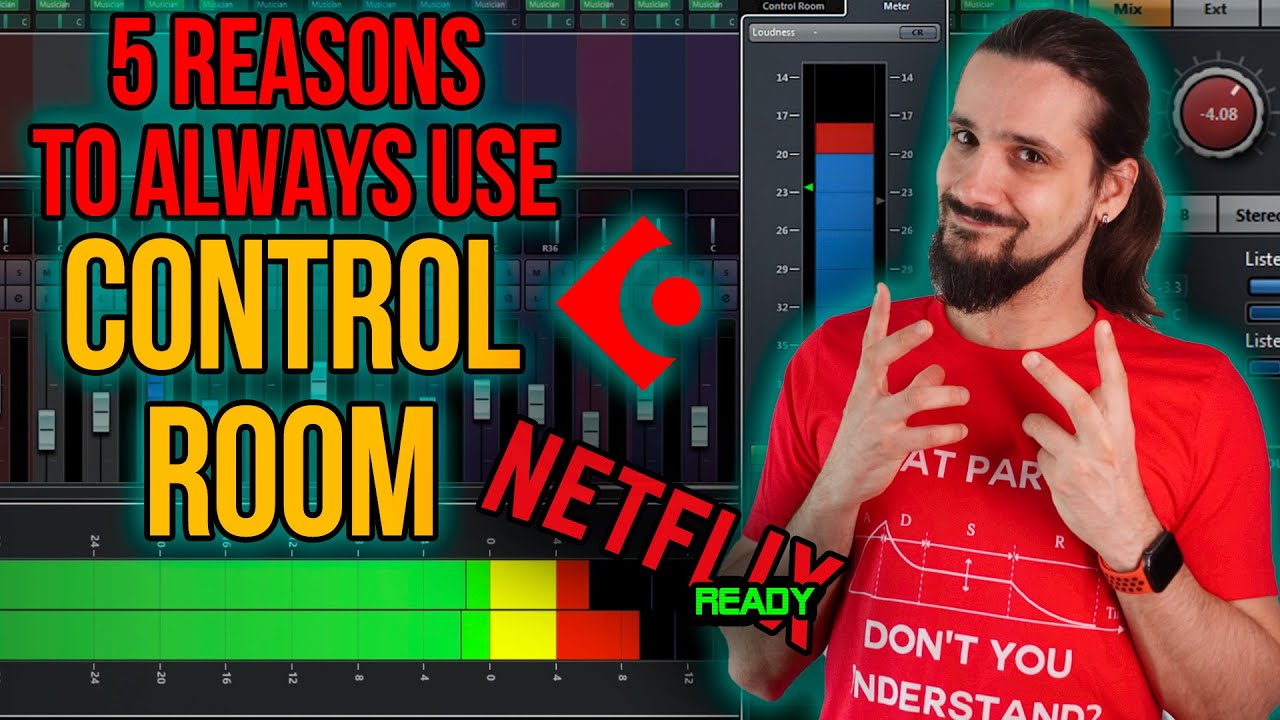Hi, all. I’m new here. I’m getting back into making music again. It’s been a long time. I figured that this post prompt would be a good opportunity to continue my research into shopping for a DAW while including you all in the conversation. It’s always nice to learn more about the many DAWs that are available these days.
I’ll start first… I’m currently leaning towards getting Studio One Version 5 – I currently have Version 3 but after the Catalina update it is now not supported; I never really used Version 3, so I don’t have much experience with it (I quit music making after I had just bought it). I have past experience with Sonar 3, Fruity Loops, Acid Pro, and Sound Forge.
I’ve also considered buying Ableton, too, but I think that program specialises more in live performance, right? Although its interface looks a little more clunky, it would be nice to eventually pair it with another main DAW, something strong with samples, loops, and live performance; it’s also known for being very compatible with Max/MSP. Hopefully whatever I settle on will work well together.
First, here’s what I’m looking for in a new DAW:
- a GUI that is easy to look at and work with and intuitive to use (including logical button placement);
- a program that allows for user manipulation as much as possible (in the sense that ribbons can be customised and/or clips and tracks can be switched around and manipulated along with effects – I think Studio One does a good job with this, right?);
- a program that is equally strong in recording, mixing, and mastering;
- a program that plays nice with other programs (are compatibility issues less common these days regarding transferring and sharing files between multiple applications and programs?);
and 5) a program that has a strong and flexible internal “file management system” for building and maintaining a sound library (I would like to create an internal library full of samples that I gather from audio recordings, but I want to be able to systematise the management of where these clips are stored and how they are retrieved).
Does Studio One meet these features? How essential is Ableton? Are there any DAWs that you’d all recommend that meet this criteria?
Lastly, I’m doing some research for composing software, too. I really want a program that is equally intuitive to use and powerful in its features – it would be nice if I could compose for microtonal music, for instance, and change tunings for instruments); it would also be nice if I could process the tracks/project using an outside DAW, preferably live, but in post-production is okay; and if it either had a powerful instrument pack or was compatible with such add-ons (are VSTs all universal these days?).
So far I’m leaning towards starting with MuseScore – largely since it’s free. But I’d likely eventually want to get a program in the long-term that has more advanced composing features. I’m also leaning away from Sibelius due to issues I’ve seen about it having an awkward GUI – mostly. Are these concerns well-founded? Does anyone have any experience with Dorico? If that’s as powerful as Sibelius while the GUI is more improved then that might be worth the price. If not, how much different is Finale over Sibelius? Does anyone have any experience using these or other programs?
And now it’s your turn. In addition to any feedback about my DAW and composing program questions, what do you all use and why? What are the strengths and weaknesses, the potential and limitations of your chosen program(s)? What do you tend to use them for and how do you tend to use them? For what music and what workflow?
Thanks!
 and the new version has some awesome new features like built-in notation and a key-switch track - which really appeal to me.
and the new version has some awesome new features like built-in notation and a key-switch track - which really appeal to me.


 )
)